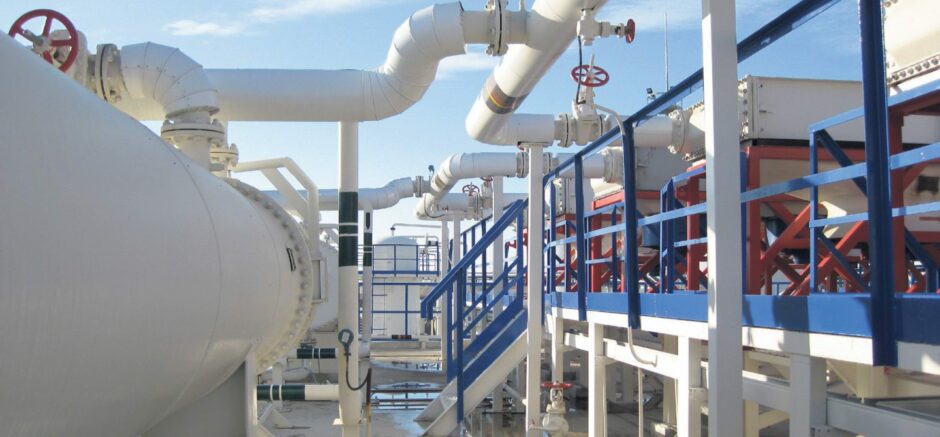
ABB has acquired the intellectual property rights to Pace CCS’s digital twin technology. The move gives ABB exclusive access to the system that provides a virtual replica of carbon capture and storage infrastructure. It allows potential CCS operators to test scenarios to ensure their design is fit for purpose. That’s a vital tool in de-risking the process for investors and giving them peace of mind.
Nigel Greatorex, ABB’s global segment manager for CCS, says: “Pace is a multi-discipline engineering company specialising in the design of CCS networks. They developed a digital twin of these networks to provide operators with the confidence to take the design through to operations given the lack of operational experience out there today. ABB’s vision was to take Pace’s above-surface digital twin, and couple that with a sub-surface digital twin via ABB AbilityTM OPTIMAXR in order to provide a holistic digital solution for the entire CCS network called ABB’s Balance of Operations.”
“ABB realised from speaking to prospective operators that, to protect them from their financial liabilities, there was a need to have a holistic digital solution that ensures maximum uptime by always operating where the system can react to change, assuring safety and avoiding corrosion, temperature, and integrity limits, while at the same time optimising energy by reducing compression, heating and other operating costs.
The need for developments like this has never been greater. Since the Paris Accord was signed in 2015, progress towards net-zero targets has been slow. CCS, which involves capturing the CO2 produced by industry and sequestering it into sub-surface geological formations, has the potential to cut carbon emissions in the sector by around 50%. But uncertainty around the operating risks has, up until now, hampered investment.
Greatorex says: “The liabilities for a CCS HUB operator are significant and can run into millions of dollars. The only mitigation towards those liabilities is the deployment of technology which ensures the highest levels of uptime.”
“CO2 comes with impurities which can be highly corrosive. Without the ability to model the full composition of the CO2 stream can result in operators being blind-sided to real-time operations risks due to process upsets anywhere within the overall network.”
The Pace partnership is not the only area where ABB is boosting global CCS efforts. The company is also involved in Norway’s Northern Lights project, which is the first CCS scheme to develop an open and flexible infrastructure to store CO2 from industries across Europe.
ABB will deliver the shaft generator system for the first-ever dedicated CO2-storage vessels. The technology will increase the fuel efficiency of these vessels, reducing emissions as a result.
It will also deliver the main electrical, automation and safety systems for the project, enabling the remote operation of the terminal and ensuring the facility runs at optimum efficiency.
In addition, the firm supplies equipment for the carbon capture pilot plant at Imperial College in London. The agreement gives the university access to the most advanced control and instrumentation technology in the world. In return, ABB can use the carbon capture pilot plant for customer demonstrations, staff training and hands-on experience for its apprentices and graduate engineers.
It also means ABB is significantly involved in equipping today’s students with the skills needed to run tomorrow’s industrial processes and tackle the climate challenge head on.
